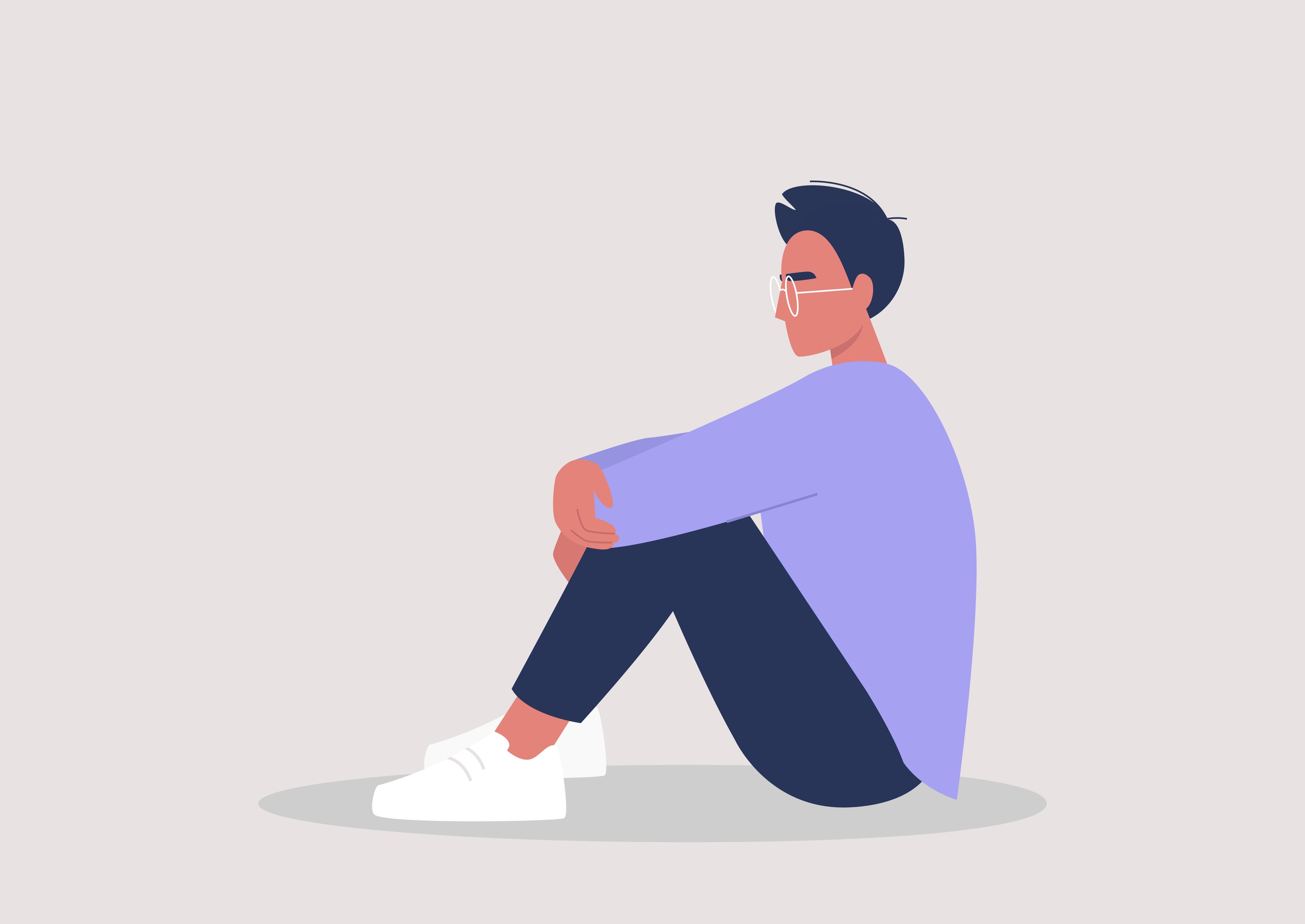Celebrity culture and social media: Why so many men feel bad about their bodies
A new study reveals that over one in two men (58 per cent) feel bad about their body as a result of the pandemic. Joanna Whitehead reports


While much has been written about the impact of poor body image and the intense bodily scrutiny and judgement faced by women and girls, a new study has found that men are increasingly falling victim to the same anxieties.
Whether it’s feeling the pressure from social media snaps or dating apps, men are increasingly concerned about their appearance and the need to conform to narrow expectations of what constitutes desirability. A 2017 study from the University of Sydney found that 45 per cent of men in the Western world are unhappy with their body, an increase of 15 per cent in 25 years.
As the seemingly infinite number of ways to modify and change your body increases with each year, so does the pressure to meet these increasingly high standards. And on shows such as ITV’s Love Island, viewers expect male contestants to be as ripped and trim as their female counterparts, with even professional dancer Curtis Pritchard opening up about his experience of being fat shamed during season five of the popular show.
Now, a study conducted on behalf of suicide prevention charity Campaign for Living Miserably (Calm), reveals that almost half of UK men said poor body image has affected their mental health. Of the 2,000 men aged between 16 and 40 polled, 48 per cent admitted that their mental health had suffered as a consequence of negative feelings about their body, with over one in two (58 per cent) young men feeling negative about their body as a result of the pandemic.
The closure of gyms during the first lockdown had a big impact on many men, with 28-year-old Alex previously opening up to The Independent about how this affected him and his peers. “Everyone was worried,” he said of the messages exchanged with friends prior to lockdown. “They were [saying] ‘I’m gonna lose everything, all these years, all this training’.”
Before the first lockdown, 27-year-old George went to the gym every day. He told The Independent last June: “Now I’m just going home and feeling a bit disgusting like I’m not doing anything worthwhile with my time...when I went back to work after three weeks off, someone was like ‘Have you put on weight?’ and I was like ‘Oh, please don’t’, then someone else said ‘Oh you’ve definitely put on weight’ – then I Facetimed my mum and she was like, ‘You’ve put on weight, haven’t you?'”
Over a third (39 per cent) of men polled felt pressure to have ‘a perfect body’
The research by Calm found that half of those surveyed cited mainstream media, social media or celebrity culture as the main source of body ideals, with over half (54 per cent) agreeing that those body types were unrepresentative of men in everyday life. Despite this, the study revealed that over a third (39 per cent) felt pressure to have “a perfect body”. Only a quarter (26 per cent) of Gen Z and millennial men felt happy with how they looked; while a fifth (21 per cent) admitted they did not feel comfortable talking to anyone about this.
In a bid to tackle this, Calm and Instagram have teamed up to launch Calm Body Talks, a series of interviews with famous faces from the world of comedy, sport and TV to get more men talking about their bodies. As part of the series, reality TV star Jamie Laing opens up about his height and hair worries; Russell Kane discusses societal issues of “bigorexia” and male role models; and ex-professional footballer Leon McKenzie discusses the physical and mental impact of retiring from the game.
During the first lockdown in 2020, Calm said it saw a 40 per cent increase in calls to its helpline, while visits to its website by 16 to 24-year-olds doubled. And a 2020 report commissioned by mental health charity Mind in collaboration with the English Football League (EFL) called Get It Off Your Chest: Men’s Mental Health 10 Years On revealed that one in 10 men in the UK has suicidal thoughts when feeling low or worried – double the level from 2009.
It’s totally normal to worry about whatever strange things you spot in the mirror but it is important to get help if these worries begin to affect your mental wellbeing
On a more positive note, however, the study found that men were more willing to seek support from their GP about their mental health, a figure that rose from 23 per cent to 35 per cent.
“This suggests that the stigma around seeking support is lessening, with awareness-raising campaigns such as Time to Change challenging stereotypes of the 'strong, silent' man,” the report said.
As well as encouraging men to talk more about their feelings and the impact of body image pressures, the charity called on the government to fund more NHS mental health services for men.
Simon Gunning, CEO of Calm said: “It's totally normal to worry about whatever strange things you spot in the mirror but it is important to get help if these worries begin to affect your mental wellbeing.
“ As a suicide prevention organisation we know how important it is to talk about everyday worries and tackle them head on. We hope this campaign will be the start of a new conversation that leads more men to seek the support they need.”
If you are experiencing feelings of distress and isolation, or are struggling to cope, The Samaritans offers support; you can speak to someone for free over the phone, in confidence, on 116 123 (UK and ROI), email jo@samaritans.org, or visit the Samaritans website to find details of your nearest branch.
You can find out more about The Campaign Against Living Miserably (Calm), including details of support, at their website.
Join our commenting forum
Join thought-provoking conversations, follow other Independent readers and see their replies
Comments